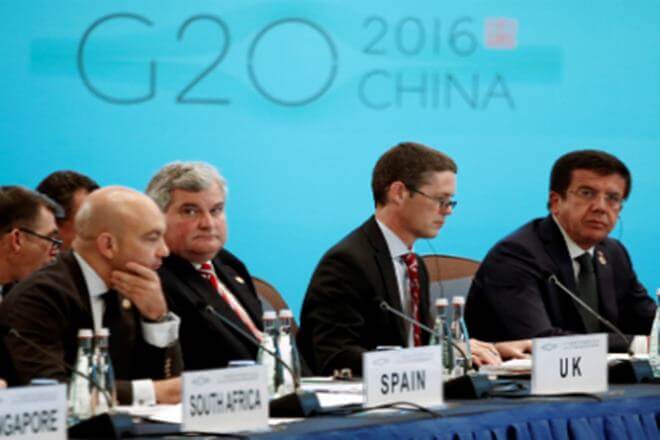What Are Exoplanets And How NASA Detects Life Beyond Our Solar System
Bharti Airtel Set To Acquire Telenor India Within This Year
Google Celebrates NASA’s Discovery Of Seven Earth-Like Planets With An Animated Doodle
Some Home Remedies That Might Sound Bizarre But Actually Work Like A Charm
Akshay Kumar Feels He Has Made Enough Money, Now Wants To Focus On Content & Characters
Delhi ATM Dispenses Fake Rs 2000 Notes From ‘Childrens Bank of India’ With ‘Churan Lable’
Adolf Hitler’s Personal Telephone During World War II Is Up For Auction In The US
From Salman Khan To Rekha, Neil Nitin Mukesh’s Wedding Reception Was Quite A Starry Affair
Automation Threatens 69% Jobs In India, Says World Bank
Automation threatens 69 per cent of the jobs in India, while 77 per cent in China, according to a World Bank research which has said that technology could fundamentally disrupt the pattern of traditional economic path in developing countries. “As we continue to encourage more investment in infrastructure to promote growth, we also have to think about the kinds of infrastructure that countries will need in the economy of the future. We all know that technology has and will continue to fundamentally reshape the world,” World Bank president Jim Yong Kim said. “But the traditional economic path from increasing productivity of agriculture to light manufacturing and then to full-scale industrialisation may not be possible for all developing countries,” Mr. Kim said in response to a question at the Brookings Institute during a discussion on extreme poverty on Tuesday. “In large parts of Africa, it is likely that technology could fundamentally disrupt this pattern. Research based on World Bank data has predicted that the proportion of jobs threatened in India by automation is 69 per cent, in China it is 77 per cent and in Ethiopia, the percentage of jobs threatened by automation is 85 per cent,” he said. “Now, if this is true, and if these countries are going to lose these many jobs, we then have to understand what paths to economic growth will be available for these countries and then adapt our approach to infrastructure accordingly,” Mr. Kim said. Mechanisation and technology have disrupted traditional industrial production, upended manual jobs and call time on the work that has been done by generations of families. This trend is not isolated to the US. It is affecting people in countries everywhere, Kim said.
"When I was in China at the G20, many world leaders talked about the storm clouds of isolationism and protectionism that were gathering and becoming increasingly worrisome to everybody. These trends come at a time though when we need more cooperation, when we need greater economic integration and stronger partnerships than ever before if we want the world economy to return to higher rates of inclusive, sustainable growth.
"Openness and partnership between countries have played a critical role in an unparalleled period of growth and poverty reduction. Since 1990, more than one billion people have escaped extreme poverty," Kim said.
Great strides toward ending extreme poverty have been made by countries like China as a result of trade and openness of their domestic industries to global competition.
Countries working together and especially trading together have delivered lasting progress, Kim said.
"So in the end, we have made progress. But at the same time, in most of the world, we are facing very strong headwinds, a slowing global economy hit by falling commodity prices and stagnating global trade. That is really historic," he added.






